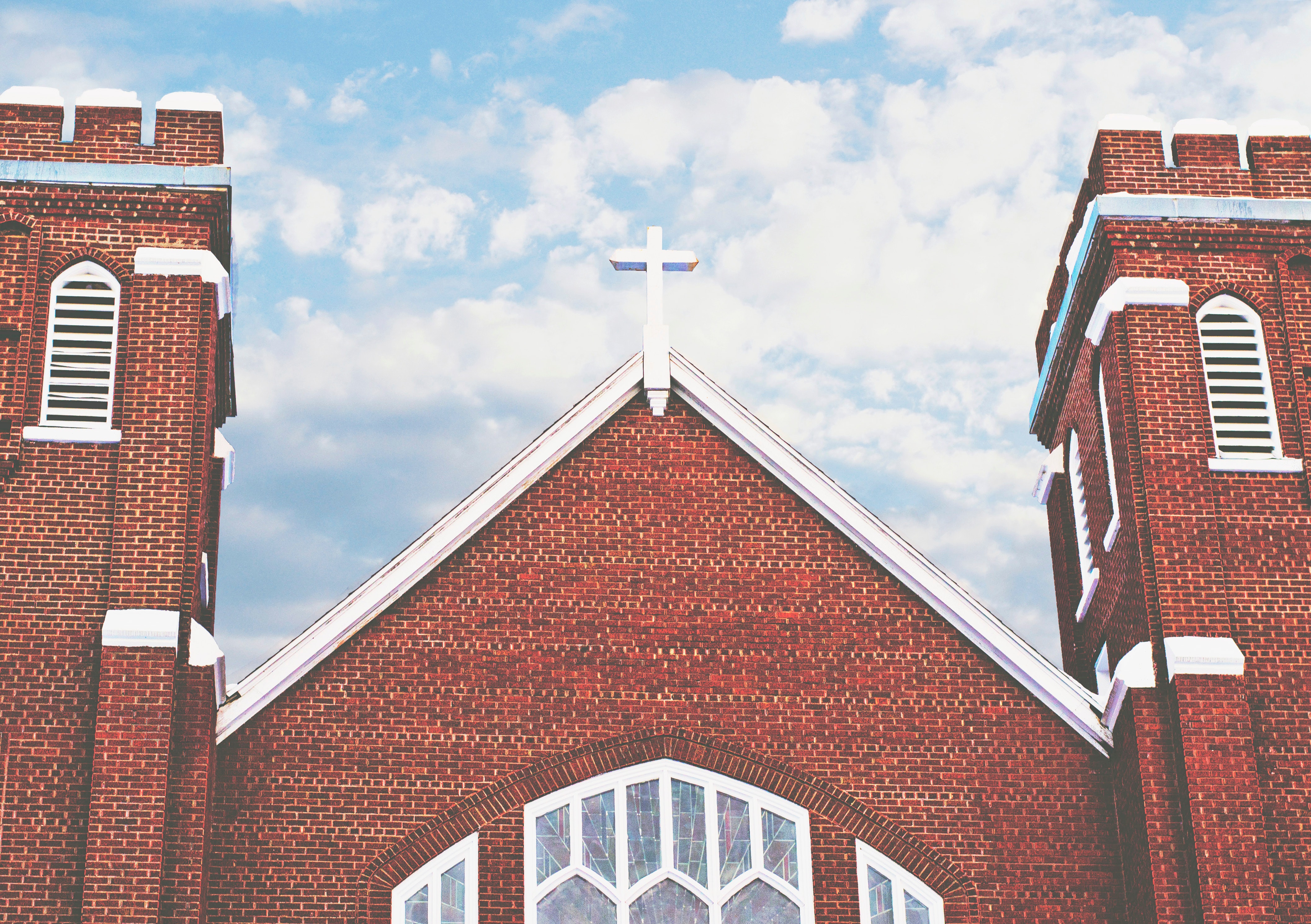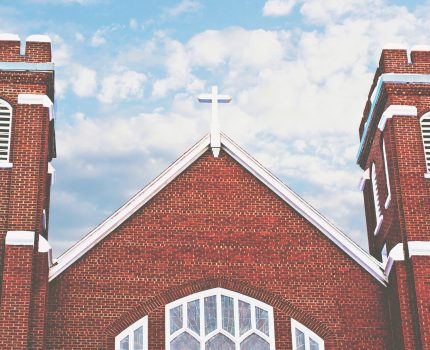I’ve never been able to understand why so many professing Christians either completely disregard (or are uncertain about) the fourth of the ten commandments:
Remember the Sabbath day, to keep it holy. Six days you shall labor and do all your work, but the seventh day is a Sabbath to the Lord your God. On it you shall not do any work, you, or your son, or your daughter, your male servant or your female servant, or your livestock, or the sojourner who is within your gates. For in six days the Lord made heaven and earth, the sea and all that is in them, and rested on the seventh day. Therefore, the Lord blessed the Sabbath day and made it holy.
That’s recorded (along with the other nine of the ten commandments) in the Bible’s Old Testament book of Exodus chapter 20. (And there’s a similar version in chapter five of the Bible’s Old Testament book of Deuteronomy.)
What bothers me – and I think it ought to bother you – is that all of the other of what we commonly call “The Ten Commandments” are part of God’s moral law that we commonly accept both as representing God’s holiness and as giving a standard for our holiness as well:
- We are not to have any other God before us. There is only one true and living God.
- We are not to try to picture God. We are to worship Him only as He tells us in His word.
- We are not to use God’s name carelessly. He IS God, and He is to be reverenced.
- We are to honor fathers and mothers and all who are in authority over us.
- We are not to murder. We are to respect the sanctity of human life because humans are made in the image of God.
- We are not to commit adultery. Marriage is a sacred ordinance.
- We are not to steal. We are to respect the property of others.
- We are not to bear false witness against our neighbors. We are to tell the truth.
- We are not to be covetous of what others have. We are to be content with what God has given us.
Now if all of the other nine commandments are obviously good and serve the good of human beings, why would we put the fourth commandment – to keep one day in seven set apart in a special way as devoted to God. – why would we say that no longer applies to people today?
Some will say that the fourth commandment isn’t repeated in the Bible’s New Testament, so it’s no longer binding on Christians. It was, they say, part of an Old Testament economy that is done away with by the coming of Jesus Christ into history and the commencement of the Gospel age. The Apostle Paul himself said (in the Bible’s book of Colossians) that festivals, new moons, and sabbaths were simply a shadow of what was to come, but the substance belongs to Christ? The commandment regarding the Sabbath, so we are told, is done away with in the New Testament period.
But a careful study of the phrase “festivals, new moons, and sabbaths” in the Old Testament makes very clear that these refer to extraordinary times of religious remembrance that were part of the Old Testament economy – an economy that WAS done away with by the coming of Christ. But, in this text, the Apostle Paul is not speaking of “the Sabbath day” of the fourth commandment. He was referring to what we often speak of as the “ceremonial law” given in the Old Testament and fulfilled in Christ.
And one wonders why people say that the Sabbath day of the fourth commandment is done away with by the coming of Jesus Christ when Christ himself specifically says in the Gospel books of Matthew, Mark, and Luke that He is Lord of the Sabbath. It’s part of the Kingdom of which He is the King. And, interestingly, he doesn’t say that the Sabbath was made for Jews – he says it was made for man. The 10 commandments – while they convict us of our sin and failings and drive us to Jesus Christ for forgiveness– also show a path that is good for human beings. The 10 commandments are certainly given to people redeemed by God’s grace; but they’re also given to all as God’s highway of holiness and goodness for people as people.
But we all have so many questions about what it means to Remember the Sabbath Day and keep it holy:
- Isn’t this a joyless day marked by all the things we’re not supposed to do? The commandment itself has so many negatives: On it you shall not do any work, you, or your son, or your daughter, your male servant or your female servant, or your livestock, or the sojourner who is within your gates.
- And why do we equate Sunday with the Old Testament Sabbath? Isn’t the fourth commandment speaking about Saturday?
- If we are to “Remember the Sabbath day and keep it holy” – and that’s an Old Testament commandment – how do we keep that commandment in this Gospel age?
- And why do people make such big deal of worshipping on “The Sabbath Day”. The fourth commandment doesn’t even mention worship. Isn’t it about a day of rest?
Now be honest: You know that you’ve asked these questions (and you’re probably asking them now). Perhaps that’s why you may be quite sure that the other nine of the 10 commandments apply to us; but you’re just not sure if that commandment about “remembering the Sabbath day” really applies in this New Testament period. But, it is one of the ten commandments. How do I “remember the Sabbath day and keep it holy” in our day?
All of these questions – and many more – will be front and center for today’s Visit to the Pastor’s Study. Our topic is “The Lord’s Day in Our Day” (And if you think I changed the subject from the Sabbath to the Lord’s Day, in the minutes ahead, you’ll find out how the two are inseparable!)
My guest today is Dr. Joseph Pipa, a minister of the Presbyterian Church in America and President of Greenville Presbyterian Theological Seminary in Taylors, SC. He also teaches classes in homiletics (the art and science of preaching), systematic theology, and worship at Greenville Seminary. He’s the author of a number of helpful books on different subjects; but the one I’m particularly interested in today is Dr. Pipa’s outstanding volume called The Lord’s Day (published by Christian Focus). Today we’ll be talking with Dr. Pipa about some of the things he covers so well in that excellent study.
Dr. Joseph Pipa – welcome to A Visit to the Pastor’s Study….
Here’s a link to the full program:
Yours in the Lord who gives us rest,
Pastor Bill

